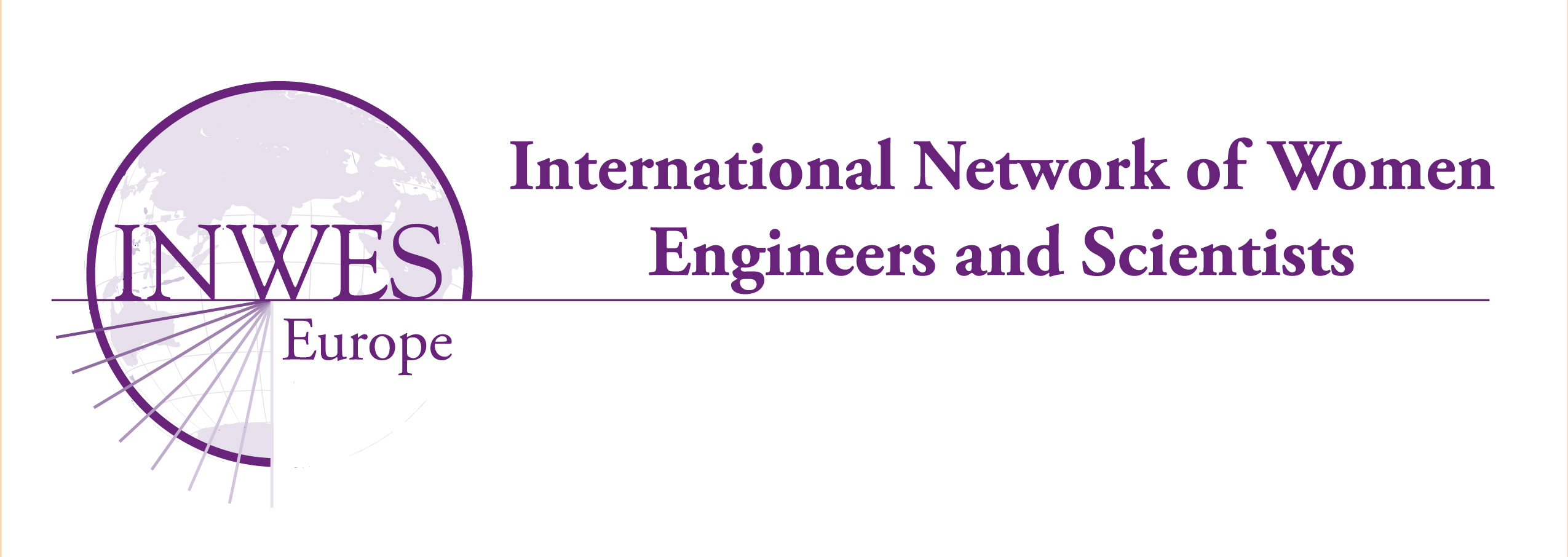Artificial intelligence and data privacy - the importance of a diverse engineering and technical workforce
International Women in Engineering and Science

Session 153
Artificial intelligence (AI) and machine learning are amazing technology which will help manage large sets of data and support decision making and so many applications which will be developed for the benefits of society. The approach taken in relation to artificial around the world is dependent on the culture, perceptions of regulation, privacy, and data management have an impact on the development of tools enabled thanks to AI. In addition, the awareness that the technology can lead to a bias can be addressed by ensuring a diverse team of engineers, coders and developers, who will develop these tools. This session will draw on the work of a task force which was developed between the University of California Berkeley and the French EPF School of Engineers. By allowing a mix team of students and cultures, this task force was able to reflect on the ethics of AI, what constitutes good practices in assembling a trustworthy set of data. It will also review how engineers can be encouraged to think about the impact of their work in AI. Traceability, security, accuracy of the data sets will be discussed. The importance of a robust process which is transparent will also be discussed, and the audience will be invited to participate in the discussion. Speakers will include students, start-upers, ministers, who will share their insights and discuss with the audience. The workshop is organised by the International Women in Engineering and Science (INWES), and the panel is a mix of women and men who are sensitive about the importance of diversity and its impact on the AI process. We look to exchange with all of you and gather ideas on how to ensure the awareness of the engineers, and the road map that will allow the AI technology to be used t develop tools for which any bias will be eliminated.
Moderator
Betty Bonnardel, Director Programmes, INWES & CEO, AB5 Consulting
Speakers/Panellists
Hon. Aurelie Ilimatou Adam Soule, Ministre de l'Économie Numérique et de la Communication, Benin
Hon. Maria Manuela Catrina, State Secretary at Ministry of Communication and Information Society, Romania
Malcolm Johnson, Deputy Secretary General, ITU
Yvette Ramos, Vice-President INWES, External Relations, International Network of Women Engineers & Scientists
David Kell, CTO, Gyana
Thomas France, EPF School of Engineers
Ayanna Samuels, Aerospace Engineer & INWES Caribbean Representative
Session's link to WSIS Action Lines
-
 C1. The role of public governance authorities and all stakeholders in the promotion of ICTs for development
C1. The role of public governance authorities and all stakeholders in the promotion of ICTs for development
-
 C3. Access to information and knowledge
C3. Access to information and knowledge
-
 C5. Building confidence and security in the use of ICTs
C5. Building confidence and security in the use of ICTs
-
 C6. Enabling environment
C6. Enabling environment
-
 C8. Cultural diversity and identity, linguistic diversity and local content
C8. Cultural diversity and identity, linguistic diversity and local content
-
 C10. Ethical dimensions of the Information Society
C10. Ethical dimensions of the Information Society
-
 C11. International and regional cooperation
C11. International and regional cooperation
The session is linked to the WSIS action lines related to ethics, appropriate regulations, cultural aspects of data management and collection (anonymity, privacy, trust...) and the need for diversity.
Session's link to Sustainable Development Process
-
 Goal 3: Ensure healthy lives and promote well-being for all
Goal 3: Ensure healthy lives and promote well-being for all
-
 Goal 4: Ensure inclusive and equitable quality education and promote lifelong learning opportunities for all
Goal 4: Ensure inclusive and equitable quality education and promote lifelong learning opportunities for all
-
 Goal 5: Achieve gender equality and empower all women and girls
Goal 5: Achieve gender equality and empower all women and girls
-
 Goal 8: Promote inclusive and sustainable economic growth, employment and decent work for all
Goal 8: Promote inclusive and sustainable economic growth, employment and decent work for all
-
 Goal 9: Build resilient infrastructure, promote sustainable industrialization and foster innovation
Goal 9: Build resilient infrastructure, promote sustainable industrialization and foster innovation
-
 Goal 10: Reduce inequality within and among countries
Goal 10: Reduce inequality within and among countries
-
 Goal 11: Make cities inclusive, safe, resilient and sustainable
Goal 11: Make cities inclusive, safe, resilient and sustainable
-
 Goal 16: Promote just, peaceful and inclusive societies
Goal 16: Promote just, peaceful and inclusive societies
-
 Goal 17: Revitalize the global partnership for sustainable development
Goal 17: Revitalize the global partnership for sustainable development
This session addresses the important role of artificial intelligence in the development of tools and solutions which will help taking decisions based on large sets of data. The session will discuss the importance of the quality of the data set, the use of the data in order to ensure that the solution is trustworthy.